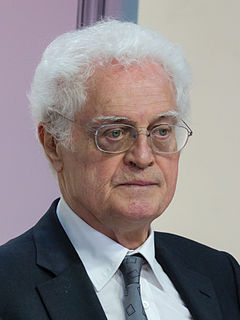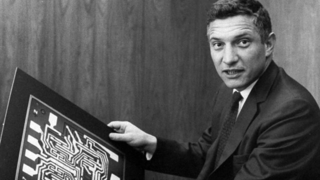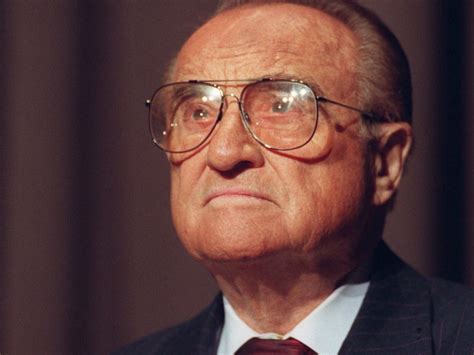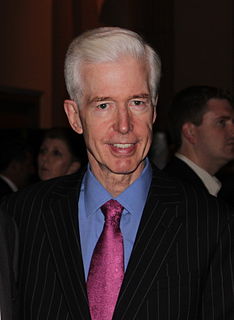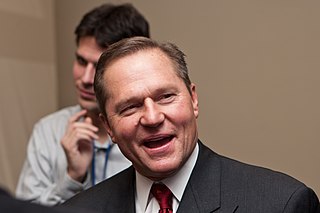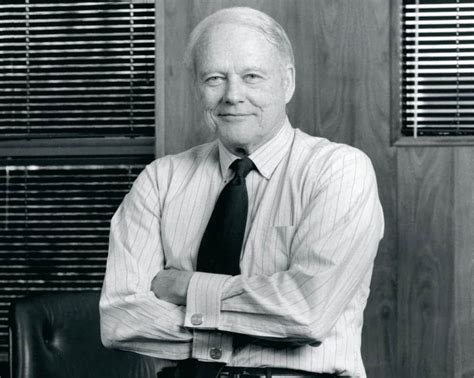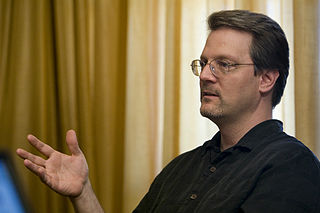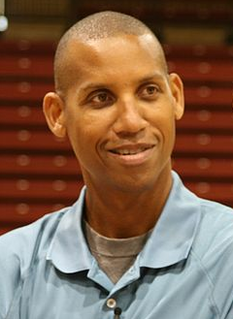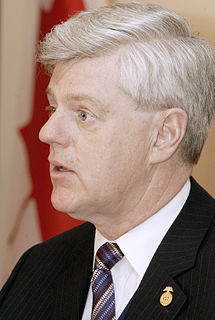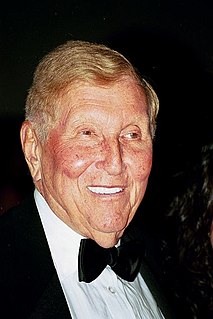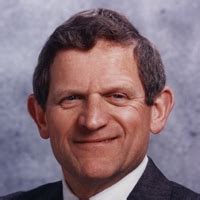Top 1200 Market Quotes & Sayings - Page 3
Explore popular Market quotes.
Last updated on April 16, 2025.
And maybe the cereal makers by and large have learned to be less crazy about fighting for market share-because if you get even one person who's hell-bent on gaining market share.... For example, if I were Kellogg and I decided that I had to have 60% of the market, I think I could take most of the profit out of cereals. I'd ruin Kellogg in the process. But I think I could do it.
Speculators are obsessed with predicting: guessing the direction of stock prices. Every morning on cable television, every afternoon on the stock market report, every weekend in Barron's, every week in dozens of market newsletters, and whenever business people get together. In reality, no one knows what the market will do; trying to predict it is a waste of time, and investing based upon that prediction is a purely speculative undertaking.
Basically my point of view on unicorns is that private companies which have sky high valuations, it doesn't really mean anything in the real world until it's marked to market. And there's only two ways things get marked to market in venture capital: Either a company is acquired by another company for cash or marketable security, or it goes public, and then it has reporting requirements and then the market will determine the value.
Historical romance is still very strong in the market. Writers of historical romance are making the bestselling lists on a regular basis and careers are growing. However, since there is much more variety in romance today, the total sales of historicals might be down from their peak. The talk of the market softening is a reflection of this, and of the fact that one does not see big growth in this area of the market.
What most people really object to when they object to a free market is that it is so hard for them to shape it to their own will. The market gives people what the people want instead of what other people think they ought to want. At the bottom of many criticisms of the market economy is really lack of belief in freedom itself.
The market has a simple way of whittling all excessive pride and overblown egos down to size. After all, the whole idea is to be completely objective and recognize what the marketplace is telling you, rather than try to prove that the thing you said or did yesterday or six weeks ago was right. The fastest way to take a bath in the stock market or go broke is to try to prove that you are right and the market is wrong.
What is it about a work of art, even when it is bought and sold in the market, that makes us distinguish it from . . . pure commodities? A work of art is a gift, not a commodity. . . works of art exist simultaneously in two “economies”, a market economy and a gift economy. Only one of these is essential, however: a work of art can survive without the market, but where there is no gift, there is no art.
The underlying strategy of the Fed is to tell people, "Do you want your money to lose value in the bank, or do you want to put it in the stock market?" They're trying to push money into the stock market, into hedge funds, to temporarily bid up prices. Then, all of a sudden, the Fed can raise interest rates, let the stock market prices collapse and the people will lose even more in the stock market than they would have by the negative interest rates in the bank. So it's a pro-Wall Street financial engineering gimmick.
The hardest thing over the years has been having the courage to go against the dominant wisdom of the time to have a view that is at variance with the present consensus and bet that view. The hard part is that the investor must measure himself not by his own perceptions of his performance, but by the objective measure of the market. The market has its own reality. In an immediate emotional sense the market is always right so if you take a variant point of view you will always be bombarded for some time by conventional wisdom as expressed by the market.
That was how a Salomon bond trader thought: He forgot whatever it was that he wanted to do for a minute and put his finger on the pulse of the market. If the market felt fidgety, if people were scared or desperate, he herded them like sheep into a corner, then made them pay for their uncertainty. He sat on the market until it puked gold coins. Then he worried about what he wanted to do.


